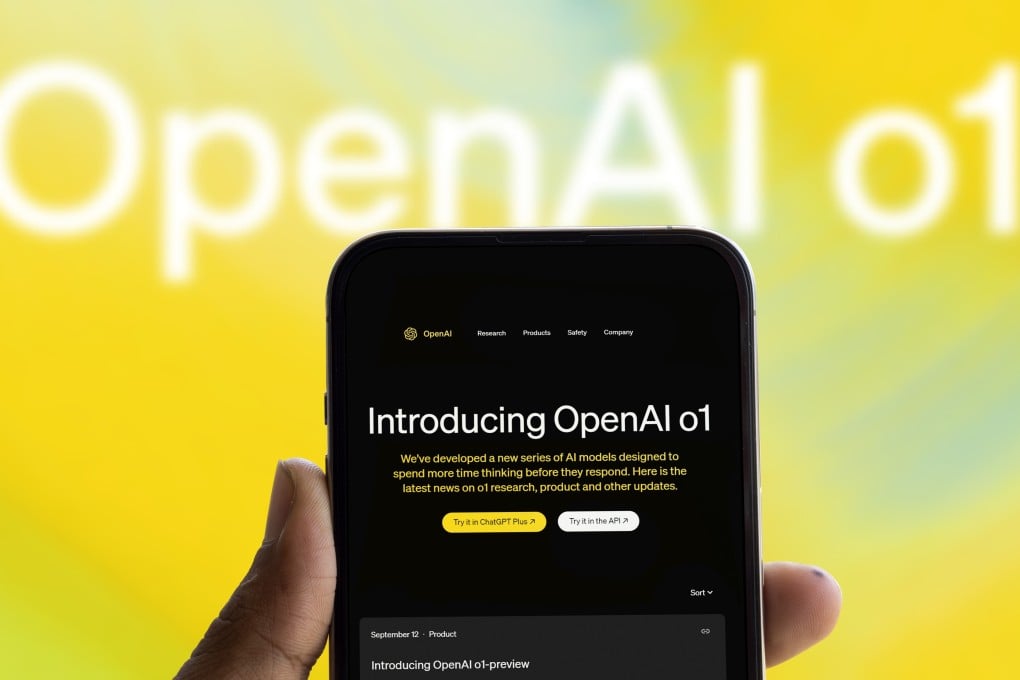Chinese AI firms rush out costly ‘reasoning’ models to take on OpenAI’s o1
Alibaba Cloud is the latest among a slew of Chinese firms to roll out the AI models that take more time to reason through maths and programming queries

Alibaba Cloud developed QwQ to advance AI reasoning capabilities, which equalled or outperformed o1 in certain benchmark tests, the company said in a statement. In four evaluations that measure an AI model’s abilities, QwQ ranked higher in two maths tests and matched o1 in problem-solving and coding, the tech firm said.
The release of QwQ comes amid a barrage of reasoning models unveiled by Chinese tech firms in recent weeks, signifying the progress Chinese companies have been making to catch up with their US counterparts.
Xu Liang, an AI entrepreneur based in Hangzhou, said local companies are quickly catching up with OpenAI while battling each other in the domestic market. “[OpenAI’s o1 has] given the direction; with some relevant research [Chinese tech firms] eventually will make progress in this area,” Xu said.
When San Francisco-based OpenAI released a preview of its o1 series models last September, it touted the ability to “spend more time thinking before they respond”, emulating human thinking.
The o1 models are trained to “refine their thinking process, try different strategies, and recognise their mistakes” so they can reason through complex tasks and solve harder problems than previous generative AI models, OpenAI said at the time.